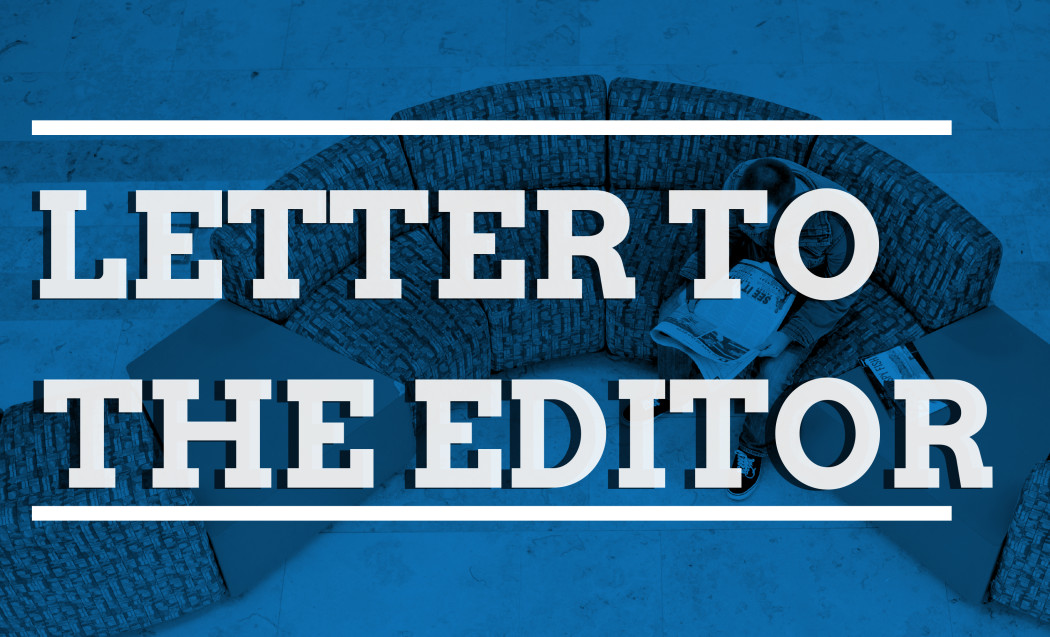The walk out of Rob Bishop’s presentation: A response to the systematic sidelining of stakeholder voices by the Utah District 1 Congressman
To the student who voiced concern about their fellow students walking out of Congressman Rob Bishop’s presentation,
First of all, I am glad you are a proponent of free speech. This direct action was completely about that right. Free speech has been utilized throughout American history in a wide variety of ways, often by marginalized groups that must take a radically different approach when engaging with their representatives than those who hold the political majority. You will note that the student who read a statement was Native American and mentioned specifically the Congressman’s inability to respect the rights of Utah’s indigenous people. This action provided a much-needed venue and opportunity for Rob Bishop, as well as USU students, to become aware of all the people Bishop’s policies and stances have impacted.
The reality is, despite a constant framing of Bishop’s Public Lands Initiative as “a compromise”, Rob Bishop has ignored many stakeholder voices, most notably those of Native Americans. Between 2013 and 2015, Utah Dine Bikeyah, the Navajo Nation, and the Bears Ears Coalition collectively made eight trips to DC to speak with Utah congressmen about their Bears Ears proposal. None of these attempts were met with one substantive response. Numerous accounts from Utah’s native people say that Bishop ignores and disrespects their input. Worse than just ignoring, at a meeting in San Juan County, when audience members made racist remarks, Bishop didn’t attempt to challenge a single comment. This behavior is commonplace for the Congressman who has constantly sought to take away federal land protection, such as provided by the Antiquities Act. Bishop is more than willing to marginalize those who disagree with him. After all, as Rob Bishop said at the Western State Land Commissioners Association conference last year, “If anyone likes the Antiquities Act, the way it is written, die.”
I will assume you have read the Public Lands Initiative since you wanted to make the walkout participants aware of it. I too have read the PLI, both the original draft that attempted to form meaningful compromises and the updated version that forced a five tribe Native American stakeholder group to drop out of the negotiation process and turn to President Obama for designation of a National Monument. I have also been to at least two meetings with Rob Bishop’s staffers and helped organize many more. I spoke one on one with the Congressman when I was a junior in high school at a conference in Washington, DC. You asked how many of us have ever written a letter to the congressman to voice our concerns? The answer is many of us. These are issues that have been important to us for several years, and you seem to have the idea that we are just here to make one little ripple in the pool of politics. This is not the case. Free speech can be expressed in many ways. I have tried my hand at working directly with Rob Bishop. It doesn’t work.
While Rob Bishop will likely capture the majority vote again on November 8th, many Utah citizens will continue to oppose his stances on public land management and the role of federal government. I would welcome others to engage in conversation with representative Bishop, his staffers, and your fellow constituents. But to me, over fifty students coming together for a walk-out was a direct response to the lack of attention Rob Bishop has given to the input of key stakeholders throughout the formation of his most recent policy, the Public Lands Initiative.
We didn’t disturb anything for more than a few seconds, but we did start conversations about these issues, and what is the point of free speech if people aren’t willing to talk about anything more than what our incumbent politicians decided is important?
— Logan Christian is a senior in environmental studies, geography, and sustainable systems.


Very well stated, sir!
Very nice! I couldn’t agree with your opinion of the congressman more, as I have had many similar experiences with him as a high school AP history student, a journalist and a constituent. The man is detestable for many reasons and I, for one, would like to see him replaced by about anyone in District 1. But, since so many of his voters cast their ballots in the same fashion he does, the odds of him retiring fatter and happier than he already is are very good. I wish there had been more coverage of your walk-out. This was the first I had heard of it. Keep up the good work.
Logan, you need more facts. What did the stakeholders want when they met with Bishop? What response did he give that was not substantive? What legal “right” do the indigenous people have to this land, specifically? Who are the people who say that Bishop disrespects them, and how did they do so? I feel like the unspoken idea of this letter is that you want your side of this issue to be taken seriously — and that’s fine — but how can anybody take seriously a position so flimsy?